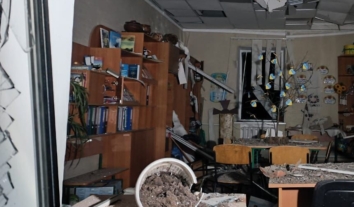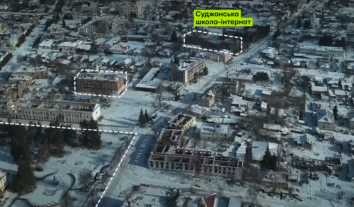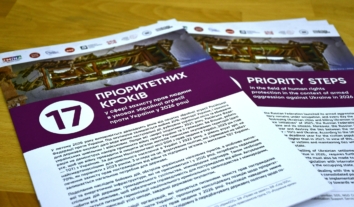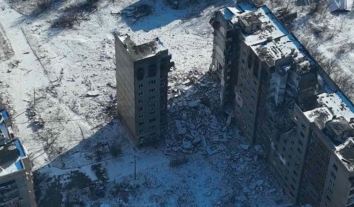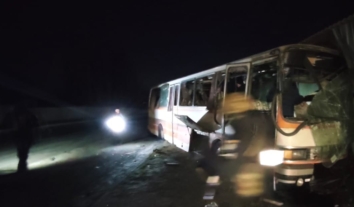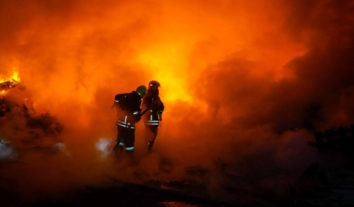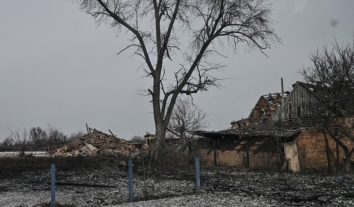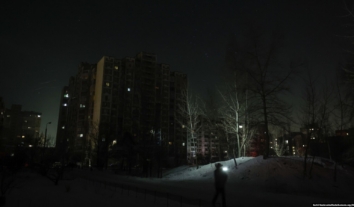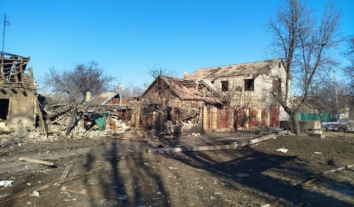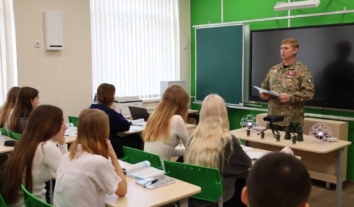Russian ballistic missile strike on Zaporizhzhia kills nine civilians, wounds 22, including two doctors (updated)
The Russian army launched a devastating attack on a private clinic and residential areas in Zaporizhzhia on December 10, 2024, according to the State Emergency Service, Ivan Fedorov, head of the Zaporizhzhia Oblast Military Administration, Ukraine’s Air Force, and Prosecutor General’s Office. Nine civilians were killed and 22 sustained injuries in the attack, including two doctors.
Earlier, air defence forces had issued warnings about ballistic weapon threats from the southeast, activating air raid alerts in the region.
Fedorov reported that at least eight people remain trapped beneath the debris of the destroyed building, highlighting the ongoing rescue efforts.
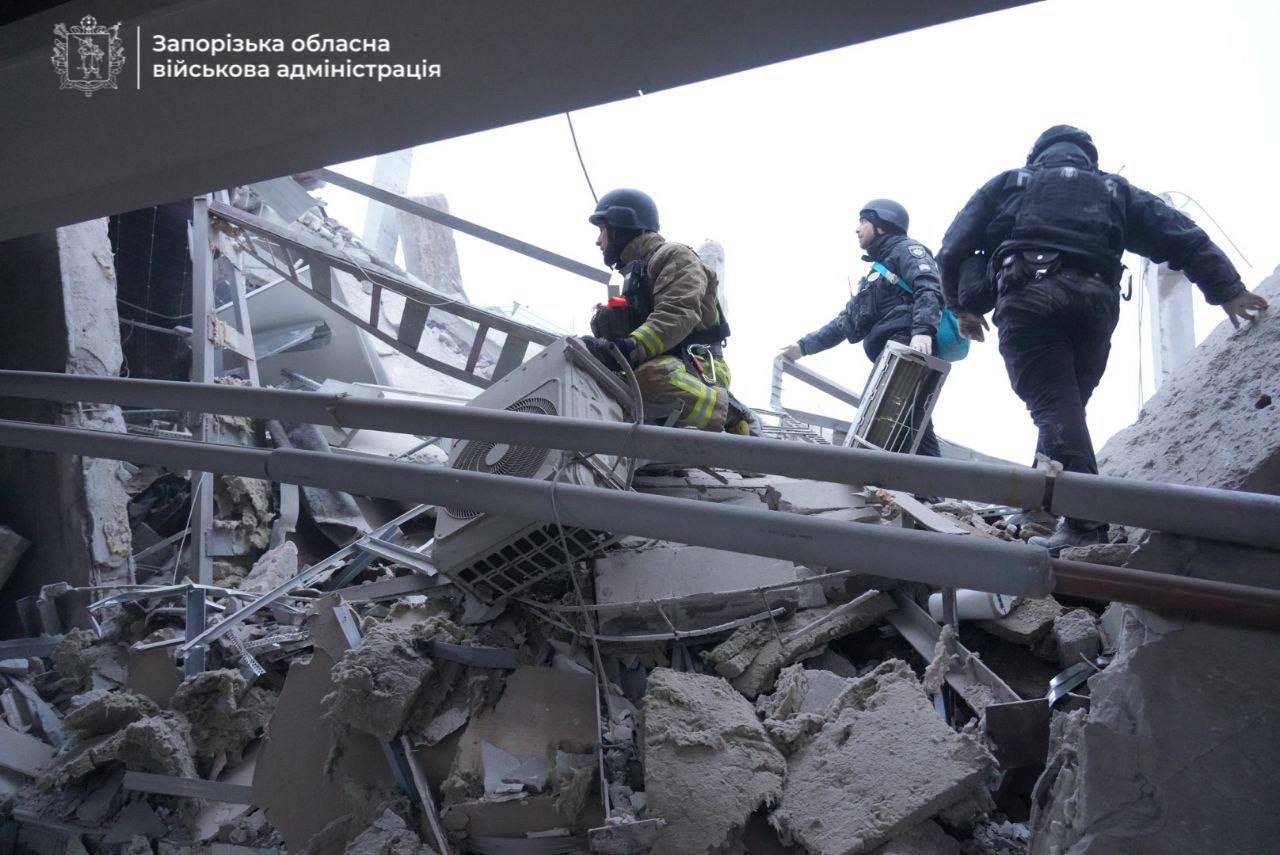
The Prosecutor General’s Office detailed the extensive damage caused by the strike: a private clinic and a nearby cafe were completely destroyed. The powerful blast wave and flying debris severely damaged multi-story residential buildings and local residents’ vehicles. Additionally, a school and an extracurricular facility suffered partial destruction.
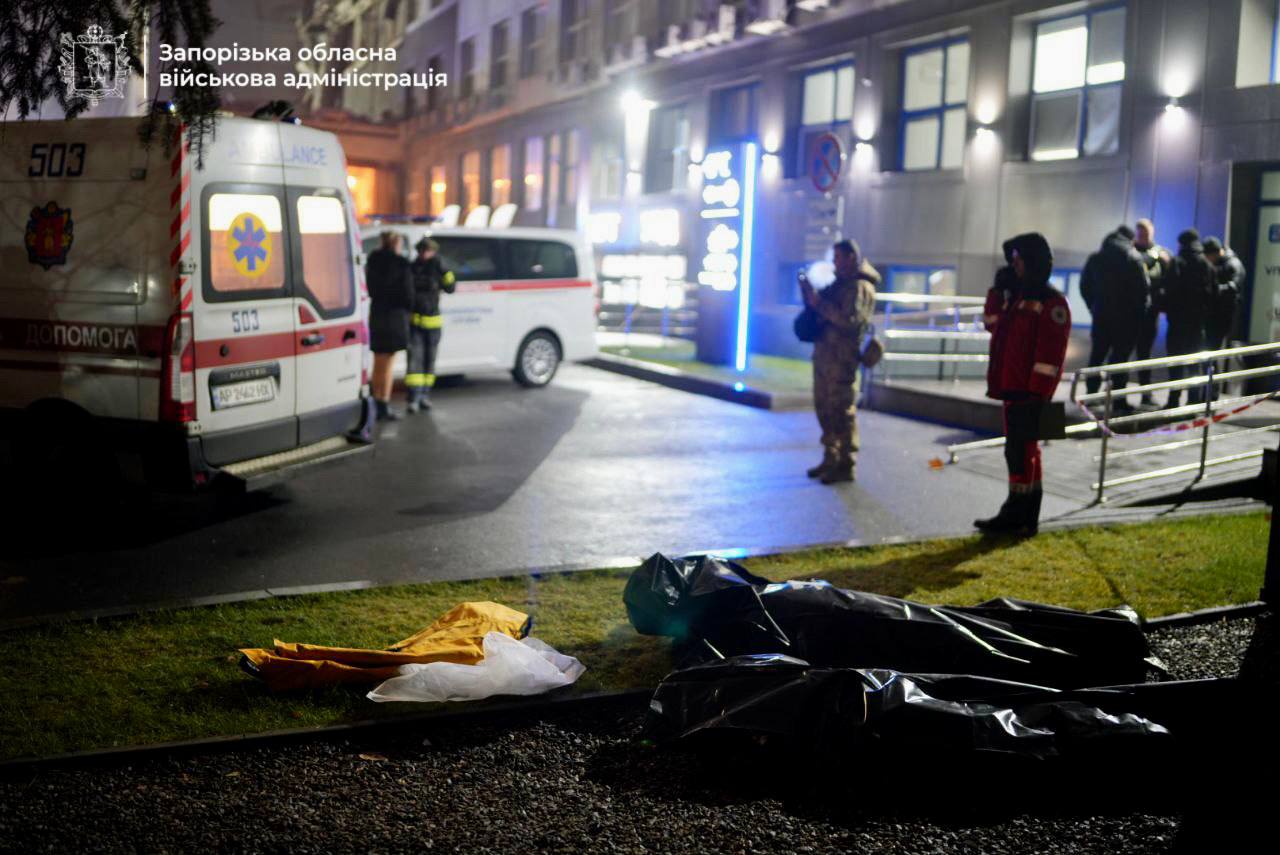
Later, Fedorov confirmed that Russian forces launched a ballistic missile strike, likely using an Iskander, on the city centre at 15:00.
Law enforcement has initiated a pre-trial investigation, treating the attack as a potential war crime that resulted in civilian casualties.
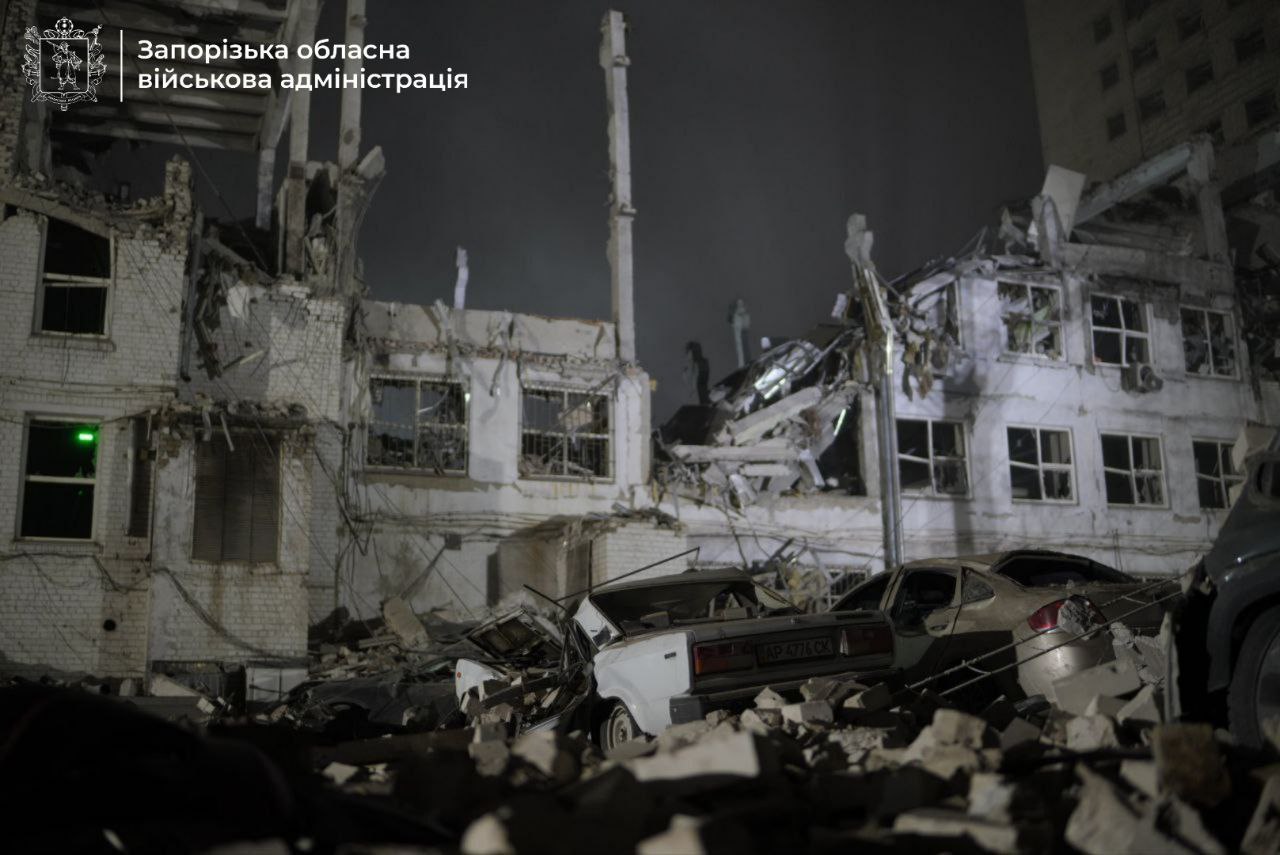
One of the victims is 48-year-old nurse Kukarskykh Olena Mykolaivna, originally from the temporarily occupied Nova Kakhovka, as reported on the page of the Nova Kakhovka City Territorial Hromadaі . In 1995, the woman graduated from Zaporizhzhia Medical College and started working at the Nova Kakhovka City Hospital.
It is reported that she worked in various positions. For many years, she dedicated herself to providing medical care to complex patients in the tuberculosis clinic. More recently, she worked as a nurse in a children’s clinic.
 Kukarskykh Olena Mykolaivna
Kukarskykh Olena Mykolaivna“She lived her earthly journey with kindness in her heart towards people, with love for her work, always coming to help at the right moment. In the memory of all who knew her, a bright image of a sincere and friendly person, a professional in her field, will forever remain!” wrote the staff of Nova Kakhovka City Hospital.
ZMINA consistently reports on the ongoing international crimes in the Zaporizhzhia Oblast.
During a meeting in Kyiv with Iratxe García Pérez, a chair of the Progressive Alliance of Socialists and Democrats in the European Parliament, President Volodymyr Zelenskyy stated that an additional 10-12 Patriot systems could ensure the full protection of Ukraine’s airspace.
He emphasised that air defence systems are the primary guarantee of safety for Ukrainians.
“Everyone understands that an additional 10–12 Patriot systems for Ukraine will save lives and render Putin’s war meaningless. If the skies are protected, no guided bombs or ballistic missiles will hit Ukraine’s civilian infrastructure – hospitals, schools or universities,” Ukrinform quotes Volodymyr Zelenskyy.
The president also urged financing the purchase of Patriot systems for Ukraine using frozen Russian assets.
“Sometimes, I truly don’t understand: one system costs US$1.5 billion. Please, take this money from Russian assets. It will cost US$30 billion, but it could completely, definitively secure our skies. That’s it,” he concluded.
Ukraine urges the international community to unite in restoring global security under the UN Charter and strengthen sanctions against Russia to enforce compliance with international law. Following Russia’s initial invasion in 2014, Ukraine has pursued the liberation of its territories within its internationally recognised 1991 borders, while developing comprehensive reintegration strategies and policies for all liberated areas.
Bloomberg revealed that suppliers supporting Russia’s defense industry have discovered a sanctions loophole to purchase microchips from US-based Texas Instruments (TI), circumventing existing international restrictions.
Bloomberg revealed that certain Russian distributors have integrated information from Texas Instruments’ online store, TI Store, into their trading platforms.
This integration allows Russian customers to view details about semiconductor stock availability and prices. They then place orders, which are fulfilled and delivered through companies located outside Russia, the report states.
Most orders were processed through websites like getchips.ru and altchips.ru – platforms blocked in the US and Europe but still accessible within Russia. These sites mirror the product listings from Texas Instruments’ official online store, facilitating seamless procurement.
Sources cited by Bloomberg suggest that Russian distributors may have gained access to the company’s proprietary application programming interface (API), a technical tool that enables software to communicate and exchange data.
Earlier, over 1,300 Russian military companies and 2 million industry workers still operate, many of them without international restrictions, a member of the Sanctions Policy Working Group of the Crimean Platform Expert Network, Bohdan Bernatskyy, told at the Third Parliamentary Summit of the Crimea Platform in Riga.

